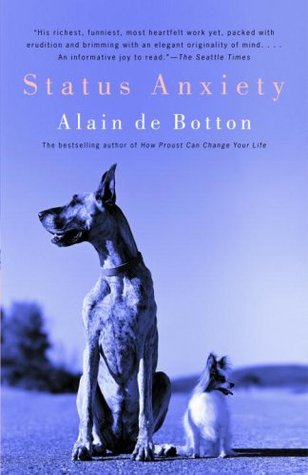More on this book
Community
Kindle Notes & Highlights
With the spread of Christianity during the later Roman Empire, many fell prey to a religion that taught them to accept unequal treatment as part of a natural, unchangeable order. Notwithstanding the egalitarian principles embedded within Christ’s teachings, there was little suggestion on the part of Christian political theorists that the earthly social structure could or should be reformed so that all members of the Church might share more equitably in the wealth of the land. Humans might be equal before God, but this offered no reason to start seeking equality in practice.
With his Policraticus (1159), John of Salisbury had become the most famous Christian writer to compare society to a human body and to use that analogy to justify a system of natural inequality. In Salisbury’s formulation, every element in the state had an anatomical counterpart: the ruler was the head, the parliament was the heart, the court was the sides, officials and judges were the eyes, ears and tongue, the treasury was the belly and intestines, the army was the hands and the peasantry and labouring classes were the feet. This image reinforced the concept that every member of society had
...more
Nevertheless, he suspected that these deprived classes had also had the benefit of a mental calm that their successors would be forever denied:
The company of the snobbish has the power to enrage and unnerve because we sense how little of who we are deep down—that is, how little of who we are outside of our status—will be able to govern their behaviour towards us. We may be endowed with the wisdom of Solomon and have the resourcefulness and intelligence of Odysseus, but if we are unable to wield socially recognized badges of our qualities, our existence will remain a matter of raw indifference to them.
reason for not wanting them to like us). The snobbery of a prominent group can thereby draw the population as a whole towards social ambitions that it may initially have had no taste for but now pursues as the only apparent means to love and recognition. Rather than scorn, sorrow and understanding might be more accurate responses to behaviour motivated at heart by a frightened and
Rather than a tale of greed, the history of luxury could more accurately be read as a record of emotional trauma. It is the legacy of those who have felt pressured by the disdain of others to add an extraordinary amount to their bare selves in order to signal that they too may lay a claim to love.


